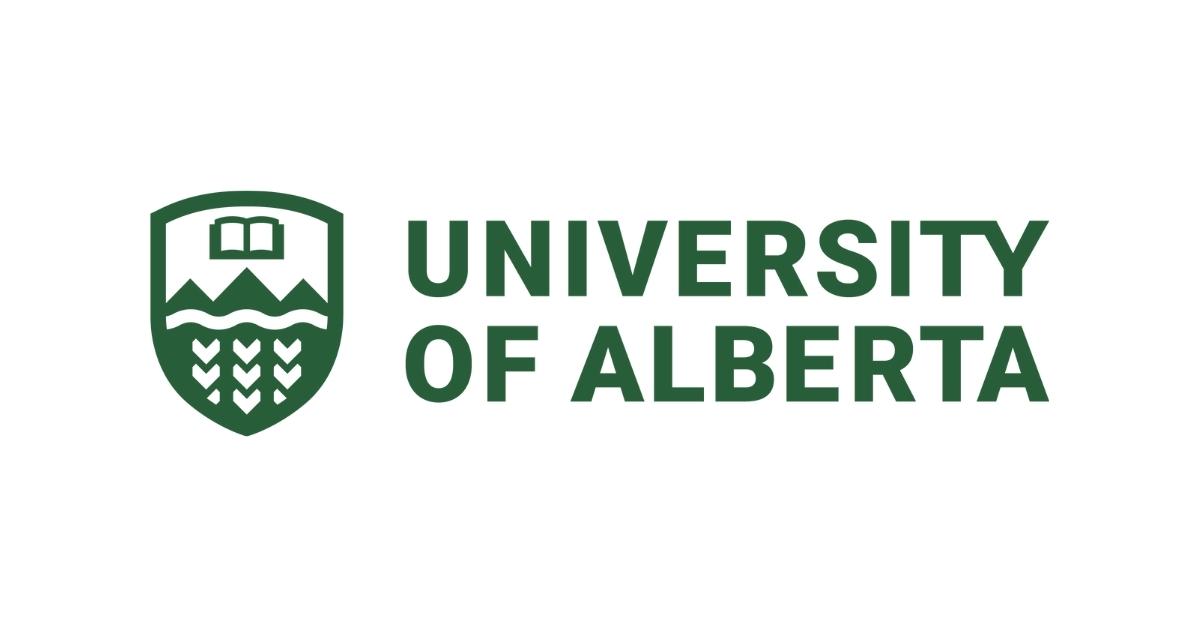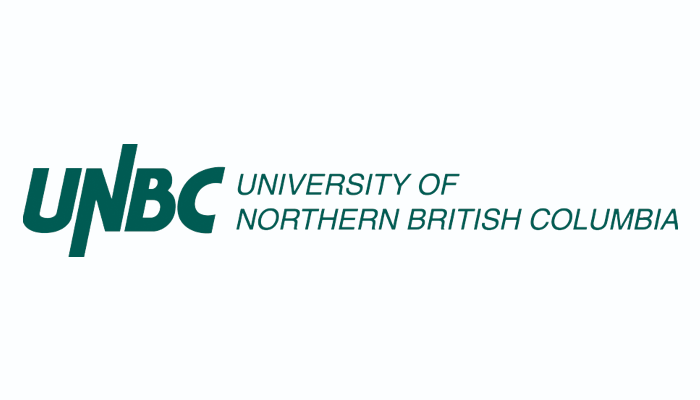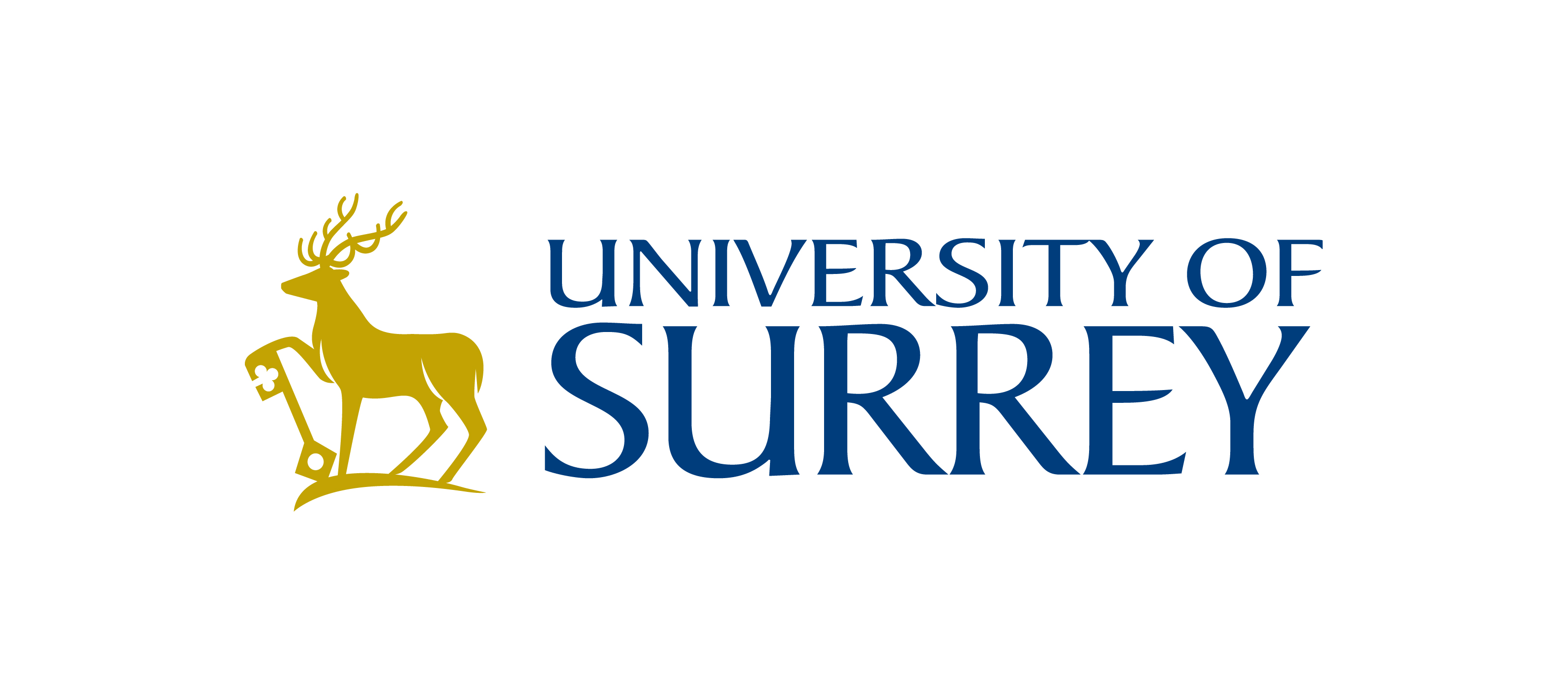Human Resources Management
Unlock Global Careers in People Management – Human Resources Management (HRM) is a dynamic field that focuses on recruiting, developing, and retaining talent while aligning workforce strategies with organizational goals. For Indian students aspiring to study abroad, pursuing an HRM degree offers unparalleled opportunities to gain international expertise, understand diverse workplace cultures, and prepare for leadership roles in multinational companies. Whether you're interested in employee relations, talent acquisition, or strategic HR planning, this course equips you with essential skills to thrive in today's global job market.
Why Study Human Resources Management Abroad?
Studying HRM overseas provides a broader perspective than domestic programs, exposing you to real-world case studies from leading economies like the US, UK, Australia, and Canada. Indian students benefit immensely from this, as it bridges the gap between traditional Indian business practices and international standards. Here's why it's a smart choice:
- Global Exposure: Learn about cross-cultural management, which is crucial for Indian professionals working in MNCs like Infosys, Tata, or global firms such as Google and Deloitte.
- Advanced Curriculum: Access cutting-edge topics like AI in HR, diversity and inclusion, and sustainable HR practices not always emphasized in Indian universities.
- Networking Opportunities: Connect with international peers, alumni, and industry experts through internships and career fairs.
- Higher Employability: Graduates with foreign degrees often secure 20-30% higher starting salaries in India or abroad, according to reports from QS World University Rankings.
- Cultural Immersion: Adapt to diverse work environments, enhancing your soft skills like communication and empathy – key for HR roles.
For Indian students, the post-study work visa options in countries like Australia (up to 4 years) and Canada (3 years) allow you to gain practical experience, making the transition to a global career smoother.
Course Overview
A typical HRM program abroad lasts 1-2 years for a Master's degree (MSc or MBA in HRM) and includes a mix of theoretical knowledge, practical projects, and internships. You'll explore how HR influences business success, from policy formulation to crisis management. Programs are designed to be flexible, often with options for online modules or part-time study to accommodate international students.
Key Learning Outcomes:
- Develop strategies for talent management and organizational development.
- Understand legal frameworks for employment in different countries, including labor laws relevant to India and host nations.
- Master data-driven HR analytics using tools like HRIS (Human Resource Information Systems).
- Build leadership skills through group projects and simulations of real HR scenarios.
Many programs emphasize ethical HR practices, preparing you to handle sensitive issues like workplace harassment or remote team management – especially pertinent in the post-pandemic era.
Curriculum Highlights
The curriculum varies by university but generally covers foundational and advanced topics. Below is a sample structure for a 2-year MSc in Human Resources Management:
| Semester | Core Modules | Electives/Specializations |
|---|---|---|
| Semester 1: Foundations | Organizational Behavior, HR Planning, Employment Law | Introduction to Business Ethics, Diversity in the Workplace |
| Semester 2: Core Skills | Recruitment and Selection, Performance Management, Compensation and Benefits | Employee Relations, Training and Development |
| Semester 3: Advanced Topics | Strategic HRM, International HR, Labor Economics | HR Analytics, Change Management |
| Semester 4: Capstone | Dissertation or Industry Project | Internship Placement, Leadership Workshop |
This structure ensures a balanced education, with at least 20% of the course dedicated to hands-on experience. Indian students often appreciate the focus on emerging markets, including case studies from Asia-Pacific regions.
Top Universities Offering Human Resources Management
Choosing the right university is key for Indian students. Look for institutions with strong rankings in business and management, accreditation from bodies like AACSB, and support for international applicants. Here's a selection of top programs:
- University of Manchester (UK): MSc Human Resource Management and Industrial Relations – Known for its research-led teaching and proximity to London's business hub. Tuition: £25,000/year.
- University of Toronto (Canada): Master of Industrial Relations and Human Resources – Emphasizes labor relations; offers co-op placements. Ideal for PR pathways. Tuition: CAD 30,000/year.
- Monash University (Australia): Master of Human Resource Management – Focuses on Asian business contexts, perfect for Indian students. Includes work-integrated learning. Tuition: AUD 45,000/year.
- Cornell University (USA): MS in Human Resources – Prestigious ILR School program with strong alumni network in tech and consulting. Tuition: USD 60,000/year.
- University of Sydney (Australia): Master of HRM – Blends theory with practical skills; high employability rate (95% within 6 months).
These universities provide scholarships specifically for Indian students, such as the Commonwealth Scholarship (UK) or Endeavour Awards (Australia), covering up to 50% of fees.
Career Opportunities
An HRM degree abroad opens doors to lucrative roles worldwide. With India's booming economy and the global shortage of skilled HR professionals, graduates are in high demand. Average starting salaries range from INR 8-15 lakhs in India and USD 50,000-80,000 abroad.
Popular Career Paths:
- HR Manager: Oversee recruitment and employee engagement; median salary: INR 12 lakhs (India), USD 70,000 (USA).
- Talent Acquisition Specialist: Focus on hiring top talent for MNCs; growing demand in IT sectors like Bengaluru's tech hubs.
- Compensation Analyst: Design pay structures; essential in consulting firms like KPMG or PwC.
- OD Consultant: Drive organizational change; opportunities in startups and established firms.
- International HR Advisor: Manage global teams, leveraging your cross-cultural knowledge from studying abroad.
Many alumni return to India to work with companies like Reliance or HDFC, or stay abroad for roles in Fortune 500 firms. The field is projected to grow by 7% annually, per the US Bureau of Labor Statistics, with even higher rates in emerging markets like India.
Admission Requirements for Indian Students
Getting admitted is straightforward if you prepare well. Most programs require:
- Academic Qualifications: Bachelor's degree in any field (Business/Commerce preferred) with 50-60% marks; GPA equivalent of 3.0/4.0.
- English Proficiency: IELTS (6.5+ overall) or TOEFL (90+); some universities accept Duolingo for Indian applicants.
- Work Experience: 1-2 years preferred for Master's, but not mandatory for fresh graduates.
- Supporting Documents: SOP (Statement of Purpose) highlighting your interest in HRM, 2-3 LORs (Letters of Recommendation), resume, and transcripts.
- Entrance Exams: GMAT/GRE optional; some programs like those in the UK waive them.
Apply 6-12 months in advance via university portals or platforms like UCAS (UK). Indian students should check for country-specific requirements, such as the UK's Student Visa or Australia's subclass 500 visa.
Scholarships and Financial Aid
Funding your studies abroad doesn't have to be daunting. Indian students can access various scholarships tailored for HRM and business programs:
- Chevening Scholarships (UK): Full coverage for Master's; focuses on future leaders from India.
- Fulbright-Nehru Master's Fellowships (USA): Covers tuition, travel, and living expenses for outstanding candidates.
- Australia Awards: Merit-based for developing countries like India; up to AUD 30,000.
- University-Specific Aid: E.g., Manchester's Global Excellence Scholarship (up to £5,000) or Toronto's entrance awards.
- Indian Government Schemes: ICCR Scholarships or Education Loans from SBI with low interest for abroad studies.
Budget-wise, expect total costs of INR 20-50 lakhs (including tuition, living, and travel). Part-time work (up to 20 hours/week) is allowed in most countries, helping cover expenses.
Tips for Indian Students Pursuing HRM Abroad
Transitioning to life abroad can be exciting yet challenging. Here are practical tips:
- Visa Preparation: Gather financial proofs early; use services like VFS Global for Indian applicants.
- Cultural Adaptation: Join Indian student societies to combat homesickness; embrace local customs for better integration.
- Academic Success: Focus on group work, as Western education emphasizes participation over rote learning.
- Internships: Leverage university career services for placements; target firms with Indian operations for familiarity.
- Health and Wellness: Secure overseas insurance; maintain work-life balance to avoid burnout in fast-paced programs.
Final Thought: Studying HRM abroad isn't just about a degree – it's about building a global mindset that propels your career forward. With India's young workforce needing skilled HR leaders, your international qualification will set you apart. Start your application today and step into a world of opportunities!








